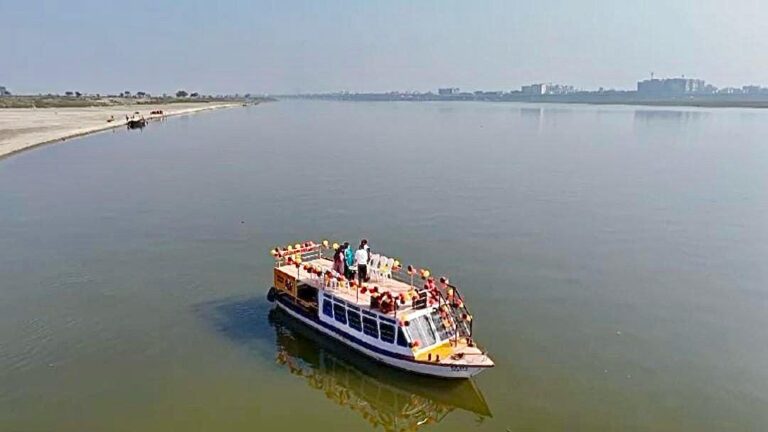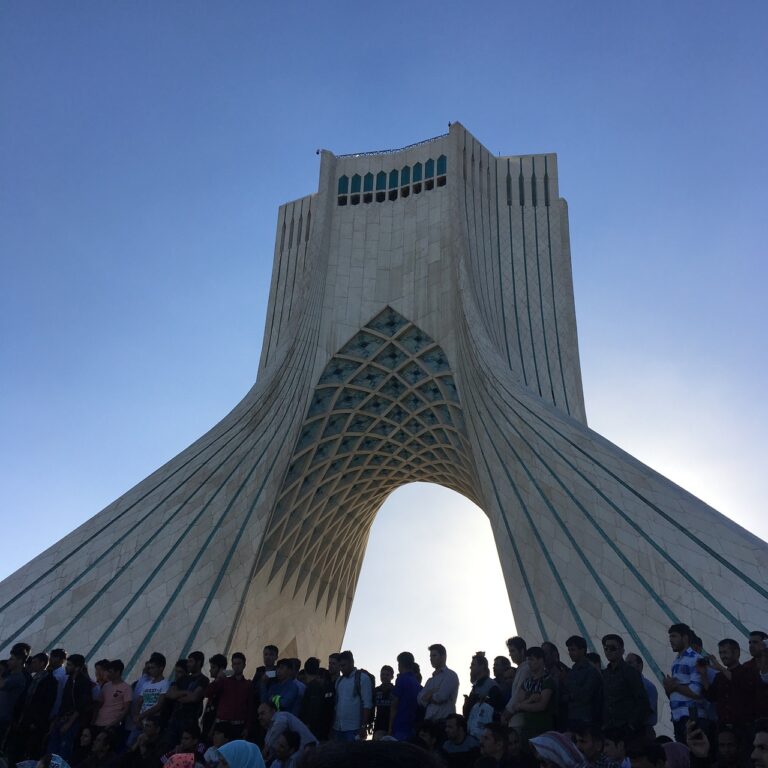
The commodification of water and speculation in futures markets contributes to the vulnerability of the poorest and most marginalized, and to increasing environmental degradation
Geneva: Water is increasingly being treated as a mere commodity and even as a financial asset, a UN human rights expert told the UN General Assembly today, undermining the human rights to safe drinking water and sanitation and the sustainability of the environment.
Pedro Arrojo Agudo, the Special Rapporteur on the human rights to safe drinking water and sanitation, said in a report that trading of water use rights in markets has eroded the notion of water as a common good and the State as a guarantor of the general interest.Agudo is also Emeritus Professor of Economic Analysis at the University of Zaragoza and previously, served as an elected member of the Spanish Parliament during its eleventh and twelfth legislature from 2016 to 2019.
The UN expert also pointed out that water trading tends to treat the environment as just another user, and not as the basis of life, forcing States to purchase flows for environmental needs, and failing to address the roots of unsustainability.
“I call on States to re-think the usefulness of water trading as a tool for managing scarcity, and to consult the public to determine whether water trading markets should be abolished or more strictly regulated,” Arrojo Agudo said.
On the other hand, the recent entry of water as a commodity derivative on Wall Street futures markets aggravates the situation by subjecting water to the forces of financial speculation and to risks of speculative bubbles, not taking into account the demands of human rights and the sustainability of ecosystems, he said.
“States should urgently take legal measures to prevent water from being subject to financial speculation in futures markets, potentially causing far-reaching consequences similar to those of the food and housing bubbles,” the expert said.
Rather than implementing water trading markets and allowing the trading of water on futures markets, States should manage water as a public good, ensure sustainable management, and develop participatory climate change adaptation plans (as recommended by experts and the UN), in order to guarantee the human rights to safe drinking water and sanitation, he said.
“The harsh experience of the pandemic reminded us that water and sanitation are the cornerstone of public health. It is essential that States, the World Bank and the International Community understand that we are facing a democratic global challenge,” the UN expert said. “This challenge requires a public investment effort, not for profit, that guarantees leaving no one behind, drawing on the funds made available to implement the Green New Deal of the 21st century.”
Yesterday, a group of human rights experts issued a joint statement on the threat that financial speculation poses to the enjoyment of a range of human rights. The joint statement mentioned that recent decades have seen the growing monetization and commodification of ecosystem services, such as carbon storage. The right to pollute and destroy nature is legitimized and commercialized.
It stated that as is happening with water, there is a serious risk that the commodification of ecosystems and nature will be exacerbated by financial speculation.
Recently, water futures were offered for trading on Wall Street futures markets under the pretence that speculative practices will help to better manage the expected water scarcity resulting from climate change by shaping prices in advance (known as “price discovery”) and stabilising them.
“In fact, these are the very same arguments that justified the development of speculation in the food futures markets at the turn of the century. However, far from stabilising prices, the aforementioned food bubble was triggered and price volatility soared, with disastrous consequences. The experience over the last two decades with the management of basic foodstuffs under the speculative logic of futures markets is a cautionary reminder to be taken into account on how speculation on goods essential for life such as food affects human rights,” the joint statement warned.
In 2010, the United Nations General Assembly recognized the human rights to safe drinking water and sanitation. “Beyond supplying ourselves with the water we need to drink, water and sanitation services are the basis for the hygiene we need to guarantee public health, as demonstrated by the vital role these services play today in the fight against the COVID-19 pandemic,” the statement said.
Just a few days ago, the UN Human Rights Council recognized the human right to a clean, healthy and sustainable environment. The joint statement pointed out that in fact, the lives of billions of impoverished people, families and communities depend on the good condition of rivers, wetlands, lakes and aquifers, not only for the supply of drinking water but also in the production of food through agriculture, livestock and fishing. For all these reasons, water and aquatic ecosystems hold essential and even sacred values in indigenous worldviews that are related to the demands of today’s sustainability paradigm. The benefits of safe, sufficient water and healthy aquatic ecosystems for all of humanity are incalculable. “Indeed, with the climate crisis becoming more and more evident, large sectors of humanity, and especially those living in poverty and marginalisation, depend more than ever on the sustainability of aquatic ecosystems. This is incompatible with treating water as a speculative asset,” it said.
The commodification of water and speculation in futures markets contributes to the vulnerability of the poorest and most marginalized, and to increasing environmental degradation. When we talk about water, we are talking about human rights and vital values for our societies, which the logic of the market – and even less the logic of speculation – neither recognize, nor can adequately manage.
The lessons learned from the 2008 housing and food crises should be seen as a warning: if the entry of water into futures markets is not stopped, progress on the realisation of the human rights to safe drinking water and sanitation will be much more difficult.
Treating housing, food, the environment and water as assets to be traded upon by hedge funds and other financial actors in financial derivatives markets represents a direct attack on people’s exercise and enjoyment of human rights such as the right to housing, to food, to a healthy environment, or to drinking water and sanitation, the joint statement mentioned.
– global bihari bureau





